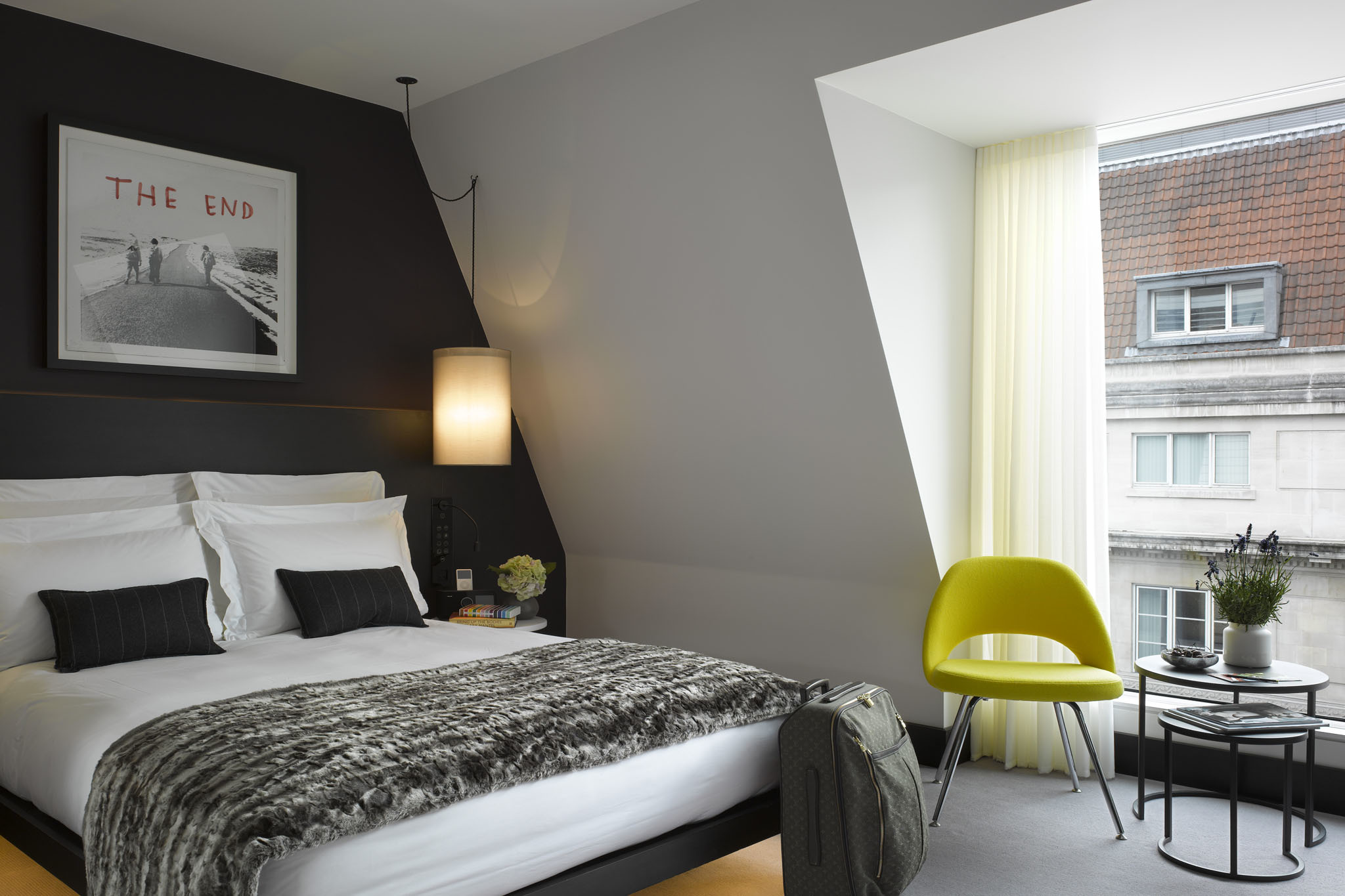
How to Find Accommodation During a Stay in London?
Despite the pandemic, London remains one of the most requested and visited tourist destinations of the world. It has been estimated that in 2020 – through the middle of the Covid-19’s first and second outbreak – 11.1 million visitors have come to London, more than 25% of the average amount of tourists in the pre-pandemic era. A gratifying, even flattering result, considering the sanitary emergency and the overall precarious condition. And even if the 2021’s forecast is even worse than the last year, these numbers suggest an immediate recovery, in terms of tourist influx, once the pandemic will be definitely over. The reasons at the basis of this incredible resilience are manifold, but one of the most significant is without any doubt the abundance of accommodation facilities into the urban fabric of London: not only hotels and other hospitality structures, but also buildings and apartments made available for short term rentals london, regardless of parameters such as length of stay, number of occupants, area of the city where the facility is located and specific requests of the clients.
In this perspective, London is an actual realm of tourists, and its accommodation facilities are the epitome of an overall “policy of welcoming” that puts the visitor (hence, the customer/buyer) on top of everything. This is probably the main reason why a city renowned for having a population that, in so many cases, has proved to be anything other than friendly or cordial with strangers, keeps staying on top of the favorite destinations of tourists from all over the world.
Of course, a big role is also played by the natural attractiveness of London, especially in cultural terms: London Tower, British Museum, National Gallery, Buckingham Palace, Victoria and Albert Museum, St. Paul Cathedral, Tower Bridge, London Eye, Science Museum, Westminster, the Big Ben, Trafalgar Square, Tate Modern, Piccadilly Circus, are just the most renowned attractions of city that has plenty of locations worthy to be visited. The parks, for instance: Regent’s, St. James’, Richmond, Hampstead, Greenwich, Kensington and many others make London – along with Rome, Athens and a few other ones – one of the “greenest” European capitals. Not to mention the characteristic markets disseminated all along the center’s urban tissue: Borough, Petticoat Lane, Portobello, Bermondsey, Old Spitalfields and so on.

Out of this general picture, it is clear that finding an accommodation in London is relatively easy, though it also depends on the time of the year (some are more “booked” than others, and in particular in the British capital the polarization between high and low season is extremely neat). But recently – let’s say in the last two decades – it became evident that booking a hotel room implies a series of difficulties that not always can be solved in an easy way. This is the primary reason why more and more people are starting to opt for the most common alternative to hotel accommodation: the above-mentioned houses and apartments to rent for short and medium periods. Just a few decades ago, this practice would have looked like an extravaganza for rich and pampered scions of wealthy families; now it’s something that involves people of any nationality, age and – most of all – social status, regardless of the purpose of their travel to London. The reasons of this shift from hotel to houses and apartments are various and quite articulate, but many of them can be summarized in a few, more than obvious, vantage points. We have listed the main ones, that you can find below.
- More flexibility in reservations. In terms of booking, the largest hotel chains’ rules can be too strict sometimes. Or, at least, they may lack in suppleness. This is an era of rapid schedule changes, and a variation on a travel plan can occur more often than people think. Modern accommodations must be able to cope with these variations and, at the same time, relieve the customer for any excessive extra fee for the last-minute change.
- More conformity with the client’s requests. Not always a hotel room, however filled with the best amenities, is the ideal accommodation. Just think about large family units: most of the times, they have to split in different rooms, while they would prefer to live in a facility equipped with common areas to share with each other, like a living room or a lounge. And this is exactly what a “normal” house is able to ensure, proving to be the best solution in such cases. Especially if the family includes toddlers, who typically need as much serenity as possible.
- They are located basically in every area/district of the city. Even the suburban ones. While the big hotels are placed in the center or near the major arrival/departure hubs (airports and train stations), you can find an apartment in almost every neighborhood. And this is particularly useful for those visitors who have planned a visit in a specific area of the city, or even outside of it.
- Solutions for all budgets. No matter how much your “spending capacity” is: the short-term rentals market is so big that you can easily find an accommodation that suits your financial possibilities. Whether you are a student arrived for a low-cost trip or a businessman, you will be able to find a temporary home customized to your needs. This is exactly what makes the short-term rentals the most accessible and “democratic” solution for those who are aiming to travel to London by the next weeks or months.




